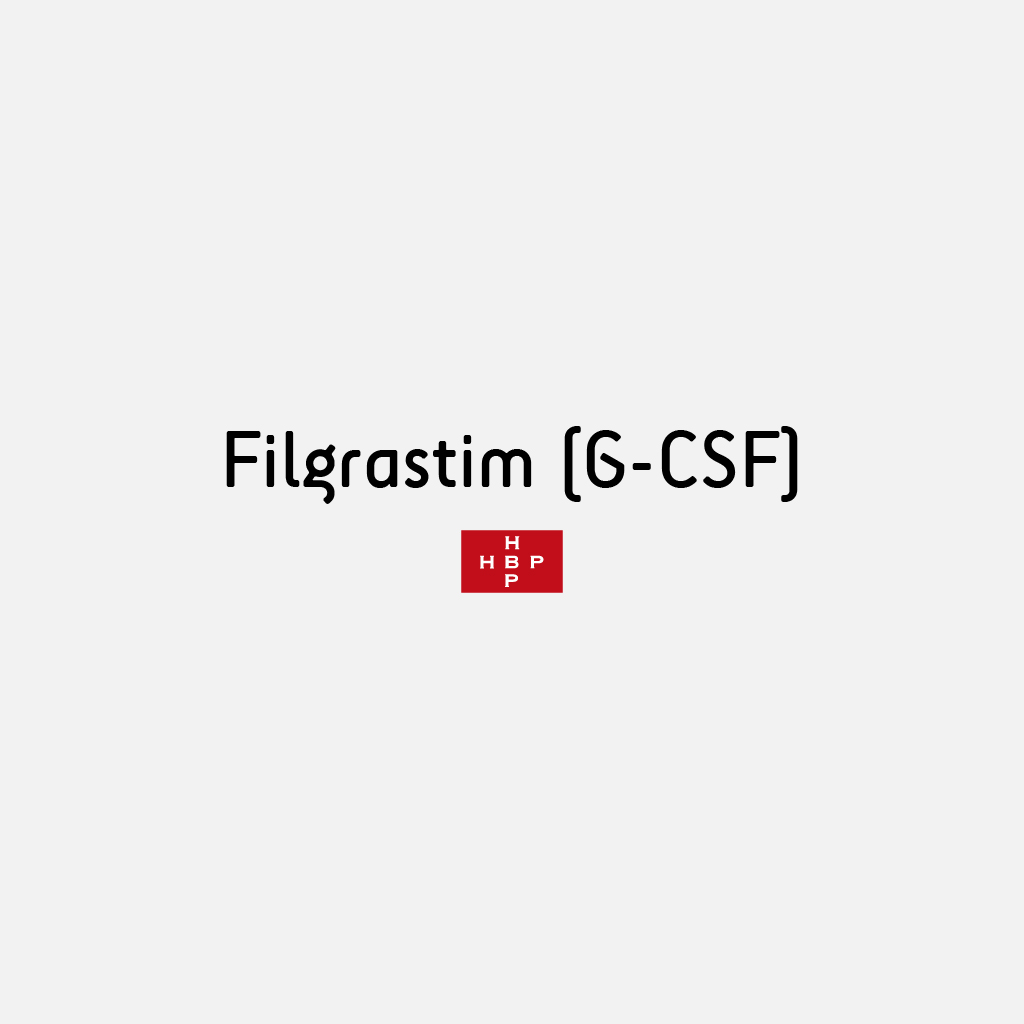Oncology / Hematology / Fertility

Filgrastim (G-CSF)
In Helvetic BioPharma we have developed a biosimilar production line for Filgrastim starting from inclusion bodies coming from E. coli cell culture. A large-scale protein purification and down-stream processing (single use) involves solubilization, refolding, several filtration and purification steps is applied to separate Filgrastim from other impurities in order to achieve a high yield of the active substance with the highest quality standards.
Product Details
Filgrastim or methionyl-granulocyte colony-stimulating factor (G-CSF), is a recombinant therapeutic protein widely used to treat severe neutropenia. Filgrastim stimulates the production of white blood cells and plays an important role in medical treatment of cancer patients. Unlike G-CSF isolated from human cells, Filgrastim possess an extra N-terminus methionine and it is non-glycosylated since it is produced in a bacterial cell expression system (in E. coli).
- MW = 18.8 kDa
- Source: E. coli cells
- Amino acid sequence: MTPLGPASSLPQSFLLKCLEQVRKIQGDGAALQEKLCATYKLCHPEELVLLGHSLGIPWAPLSSCPSQALQLAGCLSQLHSGLFLYQGLLQALEGISPELGPTLDTLQLDVADFATTIWQQMEELGMAPALQPTQGAMPAFASAFQRRAGGVLVASHLQSFLEVSYRVLRHLAQP
Human G-CSF is a haematopoietic glycoprotein that acts on neutrophilic precursor cells stimulating proliferation, differentiation and functional activation of neutrophil granulocyte progenitor cells and mature neutrophils. G-CSF is naturally produced by stromal cells, macrophages, endothelial cells, fibroblasts and monocytes. Concentration levels increase during infections and following exposure to endotoxins. The biological target for G-CSF is the bone marrow, where it binds with high affinity to the G-CSF receptor (GCSF-R) expressed on neutrophilic precursor cells, inducing them to proliferate and differentiate into infection-fighting neutrophils without significant hemopoietic effects on other lineages of blood cells.
